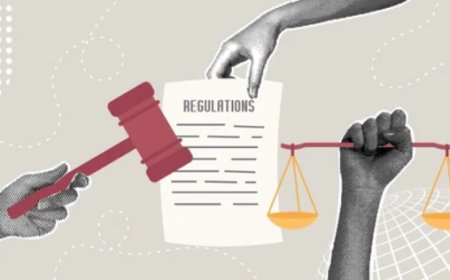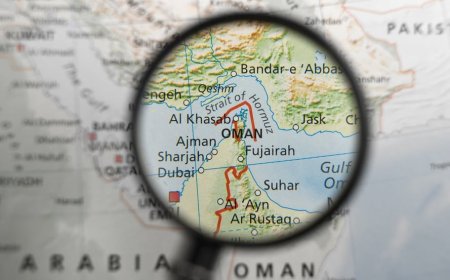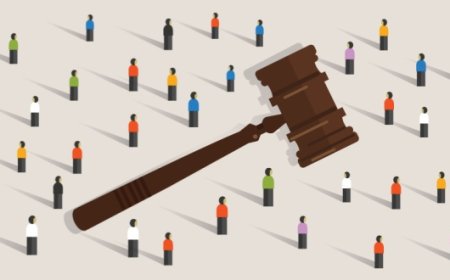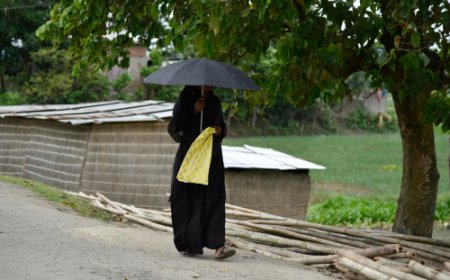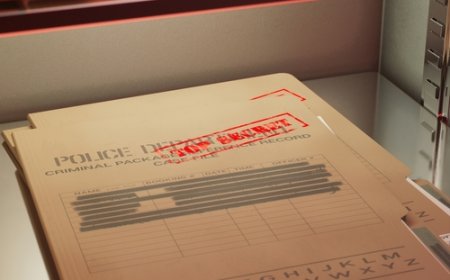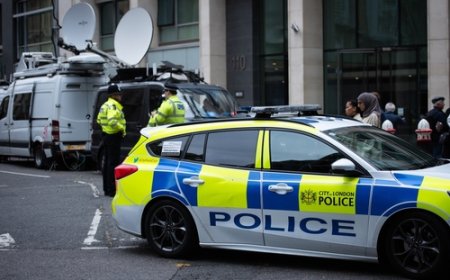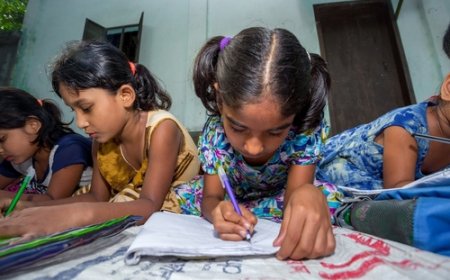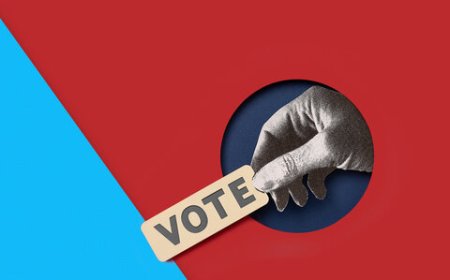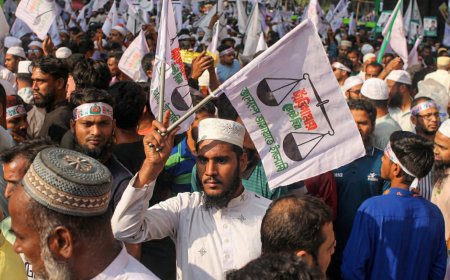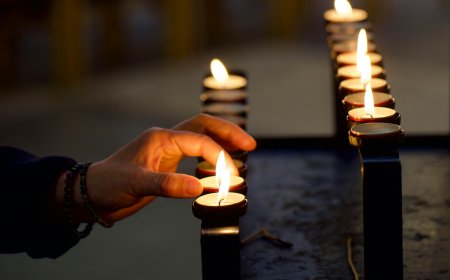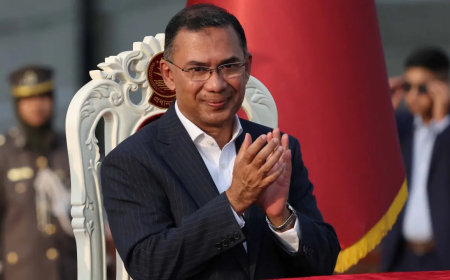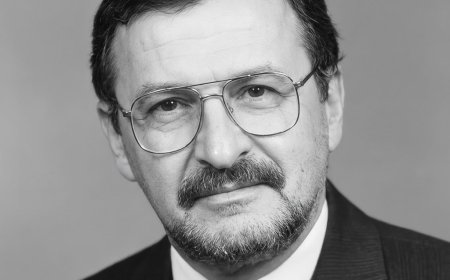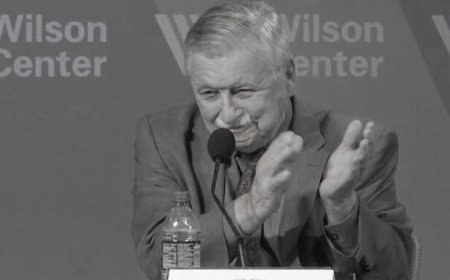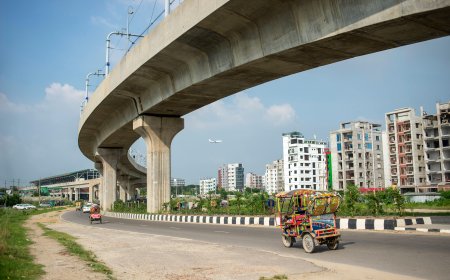The Orchestrated Crash: Why Bangladesh’s Roads Are a Laboratory of Chaos
Traffic accidents and the devastation they wreak are not inevitable. We can fix this problem, if we have the will.
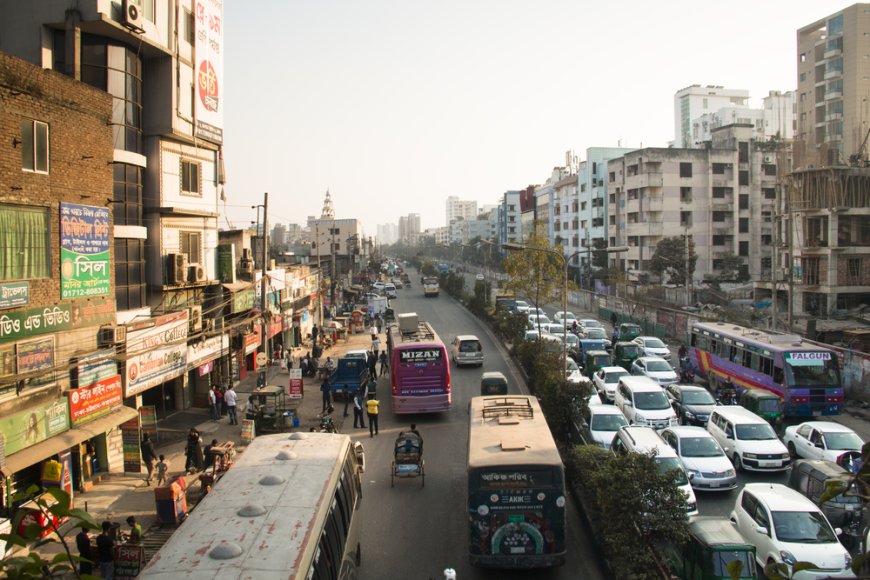
You know the scene. The opening of Baby Driver. A crimson Subaru WRX whips around an Atlanta corner, not just driving, but dancing to the syncopated beat of Bellbottoms. The movement is precise, a controlled chaos where every slide, every gear shift, is a note in a perfect, high-octane symphony. It’s fiction, of course, but it presents a powerful idea: that traffic, even in its most frantic state, can be a system with its own perverse logic.
Now, lets change the channel. Imagine a different film. It’s not the sleek, curated chaos of Baby Driver, but the dystopian anarchy of Mad Max: Fury Road.
Or the grim, desperate pursuit in The French Connection, where the car is a weapon and the city is an obstacle course.
This is not a movie. This is the daily reality on the roads of Bangladesh. But here, there is no director, no script, and no stunt coordinators to ensure everyone walks away. The crashes are real, the deaths are final, and the symphony has been replaced by a cacophony of neglect.
In just one month -- September 2025 -- this real-life dystopia claimed 417 lives and 682 injured in 446 ceashes according to the Road Safety Foundation. Among the dead were 63 women and 47 children. These arent just statistics; they are fathers, mothers, daughters, and sons. Every death leaves behind a universe of grief for loved ones. And the chilling truth is this: tomorrow, it could be you or me. Every single one of these deaths was preventable.
We are often told the reasons are “reckless driving” and “bad roads.” But this is like blaming a single wrong note for the entire orchestra’s collapse. The real story is far more sinister, a deep-rooted pathology of governance, policy, and a society hurtling towards a future it never designed. To understand it, we must stop calling them accidents and start seeing them as systemic failures.
The “Organized Irresponsibility” is Impunity
Let’s return to the data from that one month. One figure screams for attention: motorcycles were involved in 33.85% of all crashes, killing 143 people. This isnt just a trend; its a paradigm shift in mobility and mortality. The French philosopher Paul Virilio famously argued that the invention of the ship was simultaneously the invention of the shipwreck. In Bangladesh, the explosive, unregulated proliferation of the motorcycle is the invention of a specific, hyper-localised kind of shipwreck. The vehicle itself, in this specific context, contains its own "original accident."
But why here? Why so frequently? The answer lies not in the machine, but in the system that permits it to run amok. Think of the iconic chase in The French Connection, where Popeye Doyle commandeers a car to race under an elevated train. The danger is palpable, but it exists within a framework of rules—of physics, of infrastructure, of a society that, however flawed, has basic standards. In Bangladesh, that framework is shattered. We have entered what German sociologist Ulrich Beck termed the Risk Society, a state where man-made risks—like road deaths—are the primary threat, and the institutions meant to manage them engage in "organized irresponsibility."
What does this look like on the ground? It looks like a corrupt licensing regime where anyone can buy a license without proving competence. It looks like political patronage of powerful transport unions that ensures laws like the Road Transport Act 2018 are mere suggestions. It looks like a police force that is often more incentivized to collect bribes than to enforce speed limits. This is not a lack of rules; it is the active perversion of them. The system is orchestrated for chaos. The anarchy is by design.
A Global Comparison: Where Do We Stand?
To grasp the scale of the failure, we must look beyond our borders. The World Health Organization’s Global Status Report on Road Safety is a grim ledger of national performance. Their latest data estimates that Bangladesh suffers from over 21,000 road traffic deaths annually. This gives us one of the highest fatality rates per capita in the world. To put this in perspective, a country like the United Kingdom, with a far higher number of vehicles, reported just 1,711 road deaths in 2022.
The economic cost is equally staggering. The World Bank estimates that road crashes drain 2-3% of Bangladesh’s GDP every year in lost productivity and healthcare costs. This is money siphoned directly from schools, hospitals, and development projects. We are, quite literally, crashing our way to a poorer future.
The Pedestrians Prayer
The most heartbreaking data point from the September report is this: 112 pedestrians were killed, constituting 26.85% of all fatalities. These are the people with no metal shell, no airbags, just the hope that their fellow citizens will see them as human. Their deaths are the ultimate indictment of our road environment. Walking, the most fundamental human act, has become an extreme sport. Our infrastructure is not built for people; it is built for machines, and humans are merely obstacles in the path of a Mad Max war rig.
This is where theory meets the pavement. It’s a cognitive and behavioural issue, yes -- the "might-is-right" mentality of a driver in a large vehicle. But it is primarily a governance and policy failure. Where are the pedestrian crossings? The foot over-bridges that are actually usable? The traffic-calming measures that force drivers to slow down? Their absence is not an oversight; it is a policy of neglect towards those who do not command economic or political power.
From Fatalism to a Safe System
So, where do we go from here? The first step is to reject the fatalism that shrouds this issue -- the notion that it is Allah's will or an inevitable cost of development. This is a lie that protects the powerful. Deaths on this scale are a choice our system is making.
The solution is not just better drivers, but a better system. The world’s safest countries have adopted a Safe System approach. This philosophy acknowledges that humans make mistakes, and the system must be designed to forgive those mistakes. It means:
- Depoliticizing traffic enforcement and empowering institutions like the Bangladesh Road Transport Authority (BRTA) with real power and technology. A 2021 BRTA report admitted it lacks the manpower for basic vehicle fitness checks -- this is a solvable problem.
- Redesigning our roads with mandatory segregated lanes for motorcycles, continuous footpaths, and raised crosswalks that prioritise human life over vehicular speed.
- Enforcing mandatory helmet and seatbelt laws with zero-tolerance, transforming safety from a personal choice into a non-negotiable social contract.
The opening scene of Baby Driver works because every move is calculated. Our chaos is calculated, too -- just towards a different, more sinister outcome. We can change the script. We can fire the failed directors of this ongoing tragedy and demand a new production, one where the value of a human life is the highest currency on the road. The 417 souls lost last month, and the thousands lost before them, demand nothing less.
Zakir Kibria is a Bangladeshi writer, policy analyst and entrepreneur based in Kathmandu. He can be reached at [email protected].
What's Your Reaction?







